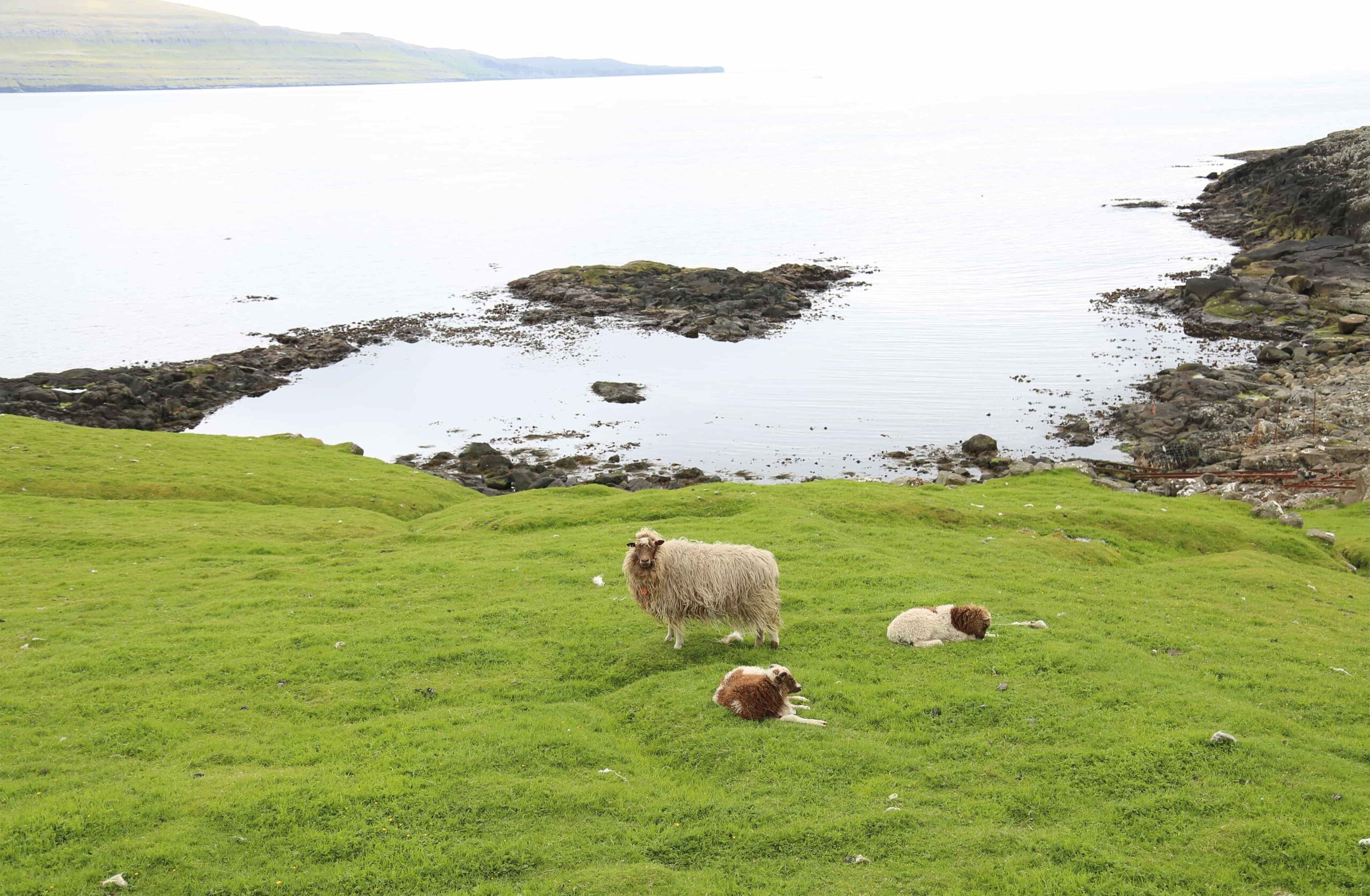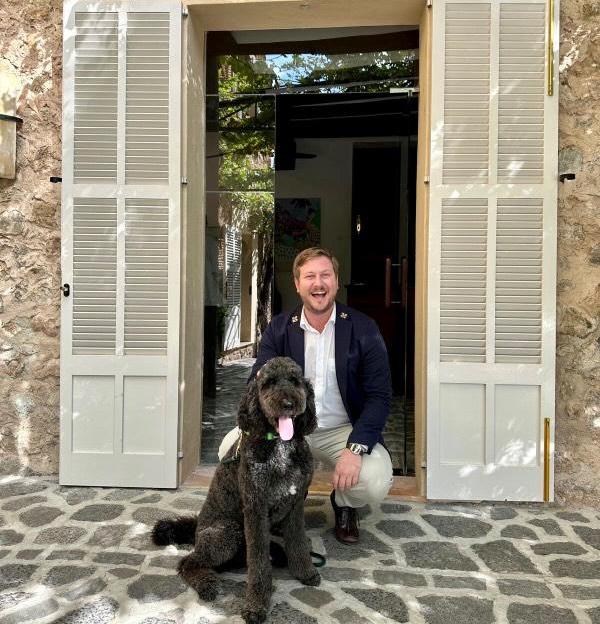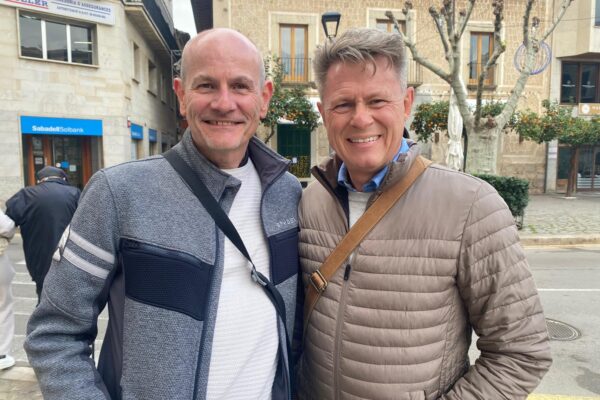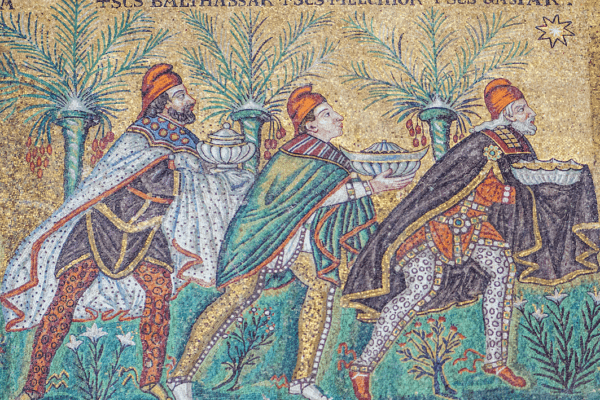The Faroe Islands, a cluster of 18 small islands in the North Atlantic, have long been shaped by their isolation. This remoteness has preserved a culture relatively untouched by outside influences, fostering a unique conservatism among the locals. In this account, Faroese resident Regvi Laxafoss reflects on his journey — leaving the islands, exploring the world, and ultimately returning to a place he now deeply appreciates.
From anywhere in the Faroes, the horizon is always visible. Nature, untouched and profoundly sensitive, begins right outside your doorstep. Some people keep sheep; others cultivate small fields. This closeness to the natural world offers a profound sense of freedom. Yet, the constant sight of the horizon can evoke a subtle melancholy — it’s a boundary where the world seems to both end and begin.
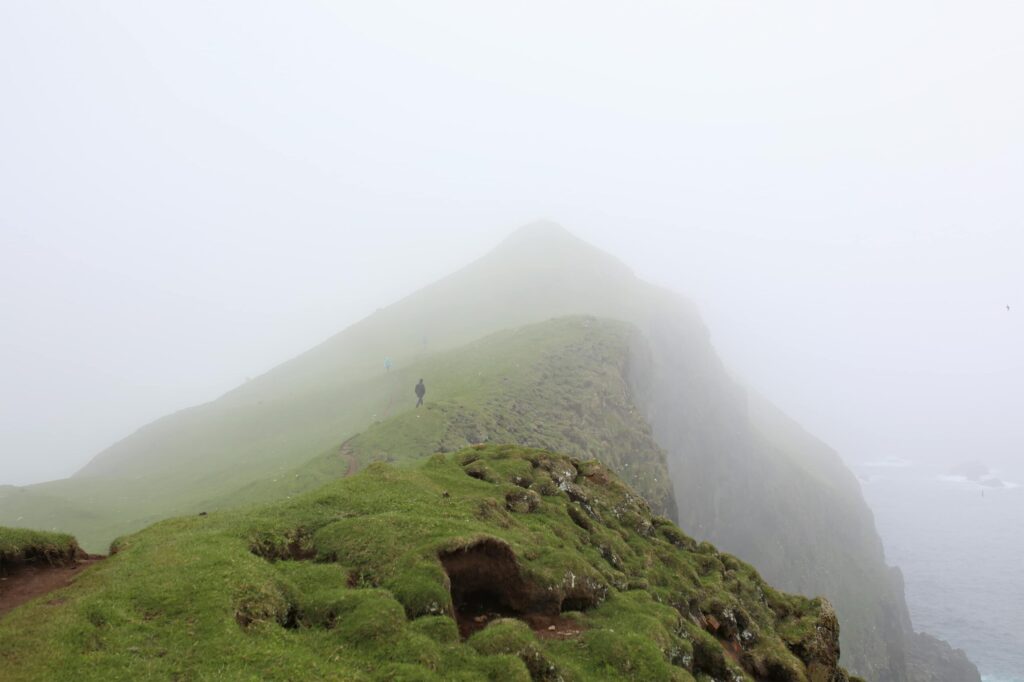
Just a century ago, the Faroe Islands were entirely isolated. Communication with the outside world was limited to a ship passing by twice a year. Even travel between the islands relied on ferries, as there were no bridges or tunnels. While the Faroes are part of the Kingdom of Denmark, the major historical and cultural events that shaped continental Europe largely bypassed us. We’ve always been somewhat apart from the world.
In recent decades, however, things have changed dramatically. Over the past 10–15 years, the islands have evolved at an incredible pace. Today, we have everything — modern shops, sports facilities, academic opportunities, and a thriving arts scene. People no longer leave in search of opportunities; they come back. Mainland Europe is just a few hours away by plane, which has softened the sense of isolation that once defined Faroese life.
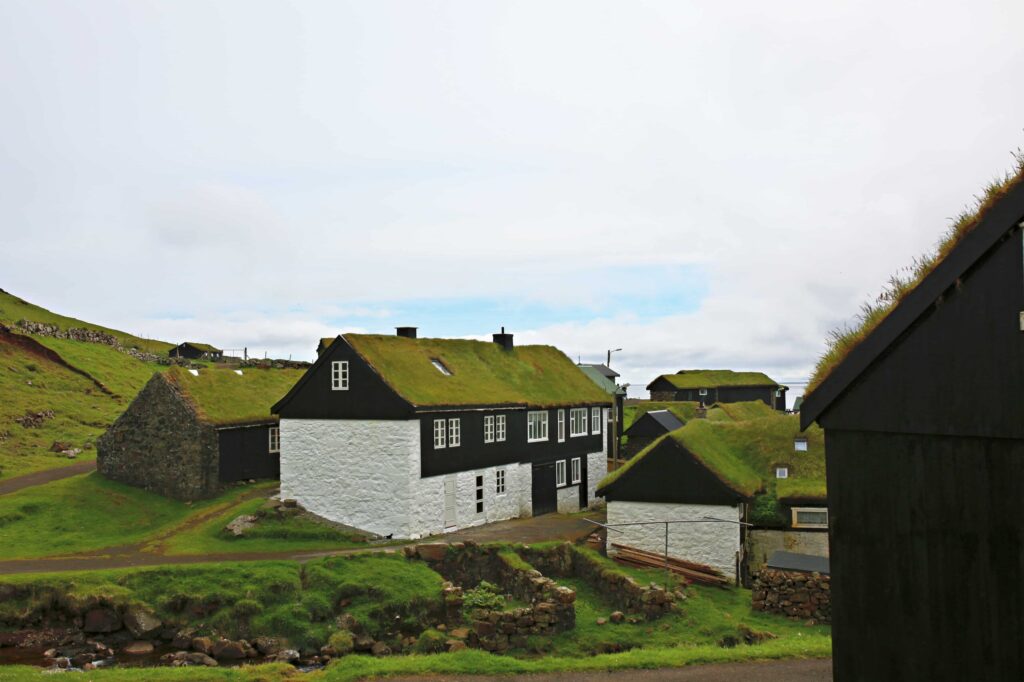
With just over 50,000 inhabitants, it feels like everyone here is family. When I lived in Copenhagen, I enjoyed the anonymity of city life — no one knew me, and I didn’t know them. But while I reveled in this obscurity, many of the people around me were searching for something I’d taken for granted: a sense of purpose and belonging. Here, everyone has a role, a place in a tightly knit system of connections. This closeness encourages kindness and attentiveness — after all, in a small society, there’s little room for rudeness or alienation.
We are very hospitable and constantly visit each other — this is an important part of good manners in the Faroes. You can’t be rude or step on others because then you stop being part of an already small society.
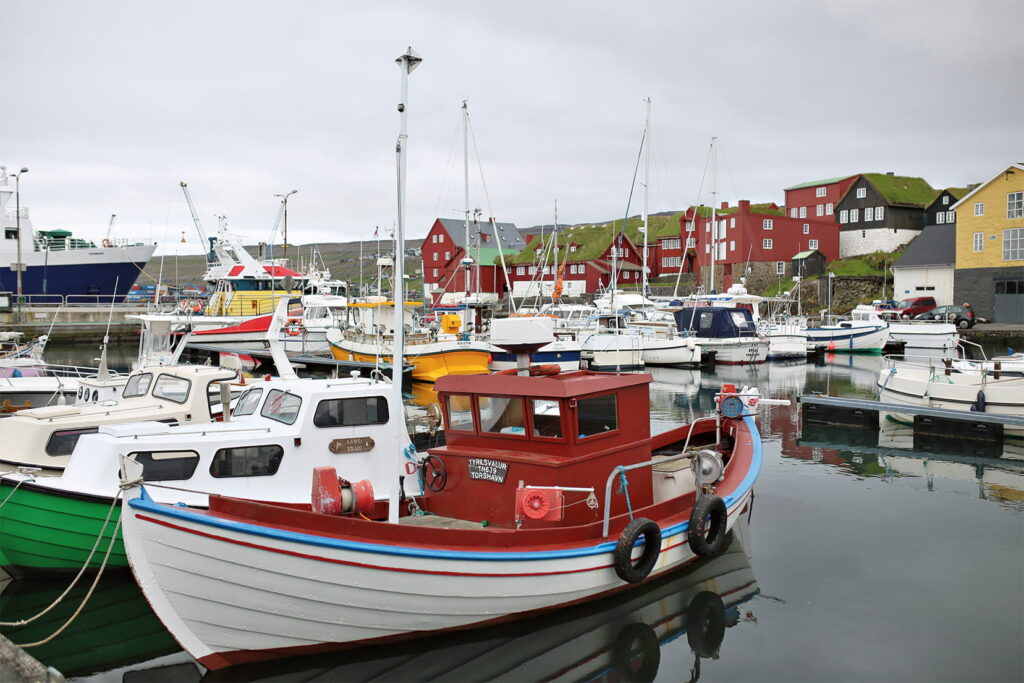
I wanted to run away from here when I was younger, and I did. I lived in Australia for a year, then returned briefly to the Faroes before leaving again to study in Copenhagen. There, I met my girlfriend — also Faroese — and she wanted to return home to complete her studies. I’d always thought I’d come back much later in life, but my plans changed. Now, we’ve been living in Tórshavn, the Faroese capital, for several years.
As you get older, your perspective shifts. You start to understand what it means to truly be present, to exist here and now. Instead of running away from what you dislike, you learn to try to change it.
Travel, yes — but as a way to gain fresh air and perspective, knowing you’ll come back.
Now, we have three children, a network of family and friends, and countless opportunities to build something meaningful. Youth is for rebellion and escape. It’s about breaking out of systems and crossing boundaries. But as you grow and mature, you realize the importance of returning somewhere — with a new attitude toward the world and yourself.
These days, my focus is on improving the world around me, not breaking out of it.
Text by Sofia Dobrynina (Seasons Project)
Photo by Ekaterina Kozhevnikova (from the book Nordic Dads, MIF publishing house, 2019)
